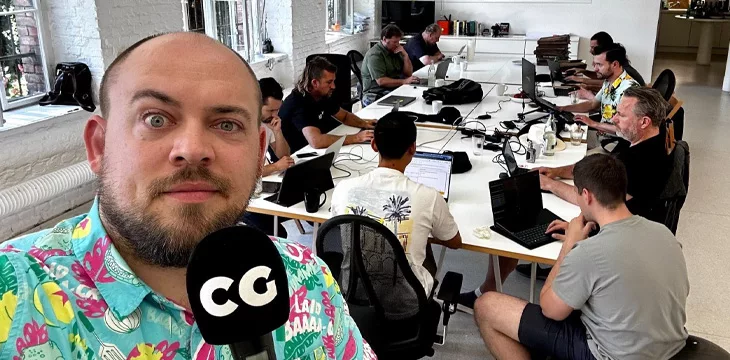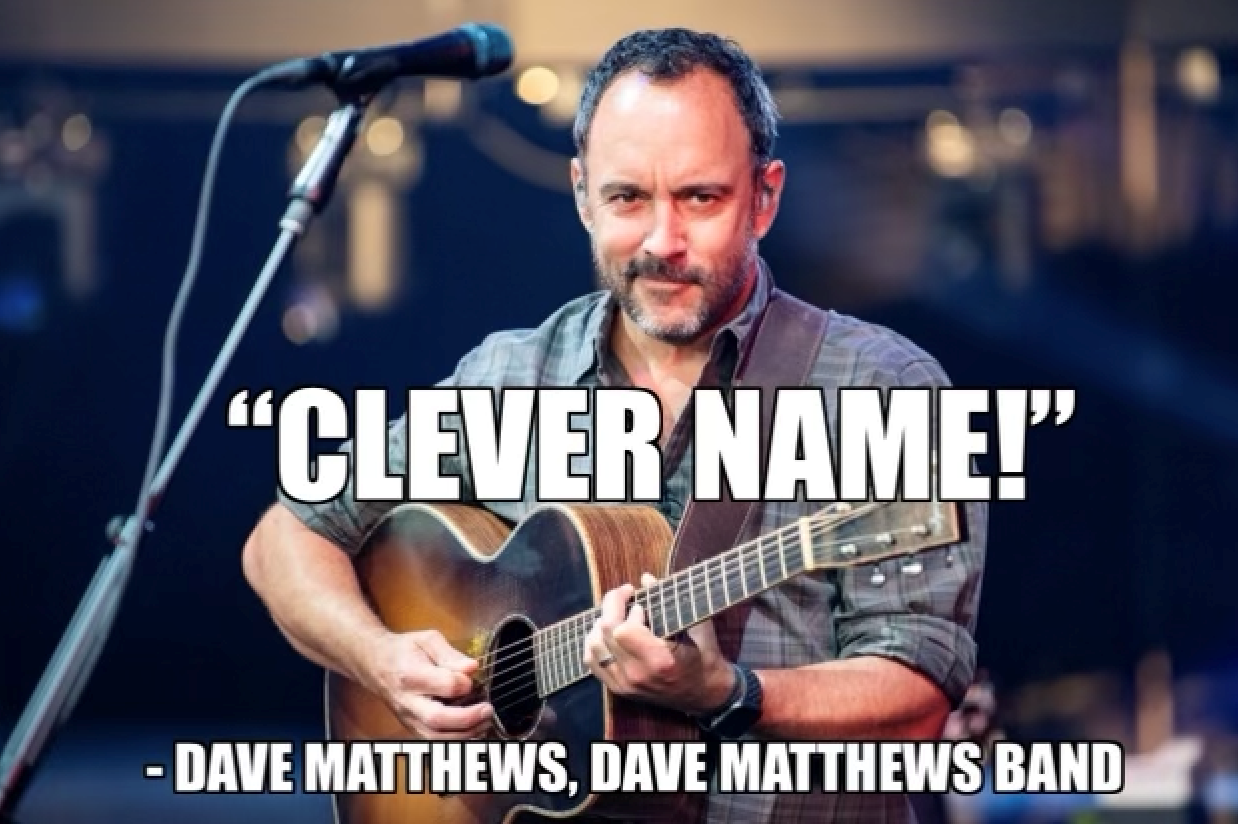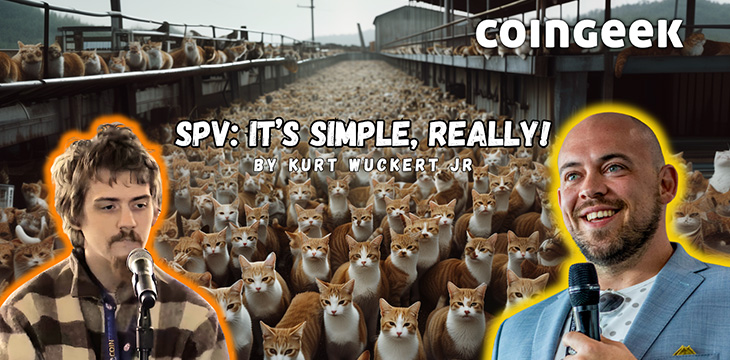
|
Getting your Trinity Audio player ready... |
Berlin, Germany, is the crossroads of Eastern and Western Europe, with roots in the cultures of both sides of the continent. War-torn, culturally diverse, and teaming with life, I found Berlin a particularly stark and grimy city. There’s a layer of dirt on EVERYTHING. The graffiti is layered and heavily leftist in tone, and the average Berliner looks like an extra in a punk rock music video: razor-chopped and colored hair, denims and leathers, tattered pants, and lots of piercings, pins, and tattoos.
In short, it’s a tough place full of tough-looking people.
Against this backdrop, I attended the 7th Metanet workshop in Moritzplatz Berlin—a lively neighborhood in the shadow of the former Berlin Wall.

With attendance from around the world, the workshop was three days that all followed the same format: breakfast, Ekhard jamming music, an hour-long presentation about a technical aspect of Bitcoin or a project, and then a day of working on stuff together!
Actually, I take that back. It always starts with me saying hi to Craig in the bathroom…
We meet again pic.twitter.com/zXKCUIERrL
— Kurt Wuckert Jr | GorillaPool.com (@kurtwuckertjr) June 9, 2023
And while I was in town, I was covering the event for CoinGeek so the world could see the power of blockchain-focused co-working and cooperating together to build the future we all want to live in!
CoinGeek’s @kurtwuckertjr covering the 7th Hello Metanet Workshop at https://t.co/cm5TnHHDxg. 🤓🤓@shruggr just led an informative talk on @1satordinals. Full article to follow! pic.twitter.com/WfieHuRhhS
— CoinGeek (@RealCoinGeek) June 9, 2023
Day 1 was dominated by Ordinal theory: the token protocol that has taken Bitcoin by storm! It was on everyone’s minds, and the day started with David Case explaining how Ordinals were identified and indexed on BTC and how they work differently (I mean better) on the BSV blockchain. While covering the basics, he also explained how the BSV blockchain gives us a unique opportunity to truly use only one sat at a time with the aptly named 1Sat Ordinals protocol.

It was a great, impromptu presentation done with markers on a paper whiteboard, and it was a lot of fun with crowd interaction.
On Day 2, we were graced with presentations from Xiaohui Liu, the head of sCrypt, and Brendan Lee, a Bitcoin script expert and Co-Founder of Elas.
Liu discussed the power of Bitcoin script defined in his powerful sCrypto smart contract language showing the simplicity of Bitcoin in contrast to Ethereum and other systems. With deep humor and an even deeper understanding of the system, he demonstrated the language at length.
Xiaohui Liu @sinoTrinity getting to the bottom of it. #Scrypt at Hello Metanet in Berlin pic.twitter.com/aeSpoKzqBn
— B2029 (@B2029org) June 10, 2023
The only man who might know more about Bitcoin script is Lee, and he explained why, while he thinks sCrypt is great, that he writes code all the way down in native Bitcoin script and really gets into the weeds (in a fun way) with Bitcoin’s fundamentals and building native Bitcoin apps.
Brendan Lee @Brendan_Lee__ of @elas_co talking about the curve order … got it? pic.twitter.com/4JMCNP9yiu
— B2029 (@B2029org) June 10, 2023
The day wrapped up with a remote presentation from Paul De Buck on the MyBanka wallet project he has been working on for about a year now. De Buck, a member of the Francophonic big blocker community, has such a passion for seeing Bitcoin disrupt banking and integrate them together to make something that neither can do alone. His passion comes across in his work and his presentations!
Thanks to @PaulRDeBuck1 for sharing the latest developments on @MyBankaEU with us at Hello Metanet 7 pic.twitter.com/L3wCk55xRQ
— B2029 (@B2029org) June 10, 2023
On Day 3, I was the keynote speaker. With gratitude to Ekhard and Stefan Landrock, I took the stage to explain a few concepts in Bitcoin. The first was the function of the mempool and why it should be done away with conceptually. I spoke on ways it could be eliminated and how I’ve heard whispers that Teranode will adopt some of these ideas.
Kurt Wuckert @kurtwuckertjr elaborating on how #Bitcoin does/might/should work at scale. Insightful as always! pic.twitter.com/sh9LblGUfo
— B2029 (@B2029org) June 11, 2023
From there, I explained how the network works in a broadcast model and a peer-to-peer model before taking a deep dive into how P2P payments and indexing are not ideas at odds with one another but complement each other immensely. Using CoOM Battles as an example, I explained how at the top of the stack was a GorillaPool Node. From there, JungleBus can create a filter of all single-sat transactions, wherein the 1Sat Ordinals indexer further filters down tokens that conform to the protocol, and then ultimately, Coom Battles indexing and keeping their in-game tokens.
So conceptually, each level maintains its index, but each level can also have P2P interactions with other wallets transacting at that level of filtration.
Let there be light! Thank you @kurtwuckertjr for coming all the way from Florida to visit ze Bitcoin White Space in Berlin. #Bitcoin pic.twitter.com/Q4SCfEa3fK
— B2029 (@B2029org) June 11, 2023
I also had a Q&A for about 30 minutes after, and we discussed IPv6 Multicast and a few other high-level concepts.
Due to having my two toddlers on the trip with me, I had to miss a few key presentations from mintBlue and a few others that I am looking forward to rewatching.
Add in Grillmeister Klaus, the late-night sessions after the days, and it was overall a very successful event full of vigor and excitement for entrepreneurship and changing the world with Bitcoin! I’m honored to call the Berlin crew friends and allies, and I’m excited to come visit again as soon as I can. These sorts of workshop events, coupled with hackathons and meetups, build the kind of culture we need worldwide, and the Berlin crew deserves a lot of credit for keeping the fire stoked in Europe!
Oh, and before I left, my wife and I went and got some rounds in at Fenriz Gym. Before my time as a Bitcoin globetrotter, I was very much a BJJ globetrotter with check-ins at some of the best gyms on earth, and these guys were tough as nails.
German BJJ scene was no joke! pic.twitter.com/7UO8CfSNF3
— Kurt Wuckert Jr | GorillaPool.com (@kurtwuckertjr) June 12, 2023
Watch: Kurt Answers Viewer’s Questions about Ordinals in BTC and BSV + Bitcoin Conference 2023

 11-22-2024
11-22-2024


